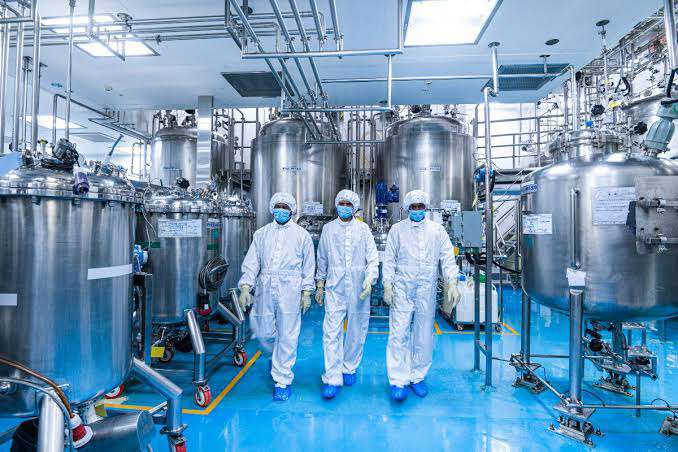Health
Nigeria tipped to host Africa’s first insulin plant

Nigeria is being positioned to host Africa’s first insulin production facility, a breakthrough that analysts say could transform diabetes treatment, slash dependence on costly imports, and accelerate the country’s rise as a continental hub for medical biotechnology.
The project, which is expected to be powered by Chinese investment and technology, targets a critical gap in Africa’s healthcare system. With the continent currently importing nearly all of its insulin, millions of diabetes patients face high costs, shortages, and delayed access to life-saving treatment.
Chinese Ambassador to Nigeria, Yu Dunhai, disclosed the plans in Abuja on Wednesday during a reception marking the 76th anniversary of the founding of the People’s Republic of China, describing the initiative as a landmark in China and Nigeria cooperation.
“Chinese companies are in talks with Nigeria to build Africa’s first local insulin production facility, potentially ending Nigeria’s reliance on imported insulin and positioning Nigeria as a hub for African medical biotechnology,” Yu said.
“This project is part of the tangible benefits of China-Nigeria cooperation, alongside the recently completed Abuja Water Supply Project, which now provides clean water to nearly three million people,” he added.
Experts say that if realised, the facility could sharply reduce treatment costs, improve availability, and help curb diabetes-related complications across Nigeria and beyond. Beyond healthcare, the plant is also expected to stimulate pharmaceutical value chains, create skilled jobs, and boost exports of medical solutions to neighbouring countries.
Yu also emphasised China’s enduring support for Africa’s development, noting that both countries share symbolic national days on October 1, a “shared national memory that binds our two peoples together,” as he put it.
The envoy further highlighted personal stories of cooperation, such as Ms. Issah Fatimah Abiola, Nigeria’s first female train driver trained by CCECC, recently honoured with China’s “Friendship Envoy Award,” and a Kano schoolboy, Ibrahim Ismail, whose flawless Mandarin has drawn admiration.
Nigeria’s Deputy Senate President, Barau Jibrin, who represented President Bola Tinubu at the event, praised China’s role in infrastructure and development partnerships, stressing that Nigeria was committed to deepening cooperation in key sectors including energy, agriculture, education, and trade.
“As legislators, we are committed to providing the enabling environment, legal frameworks, and oversight mechanisms to ensure these partnerships remain transparent, sustainable, and impactful for the benefit of future generations,” Jibrin said.



